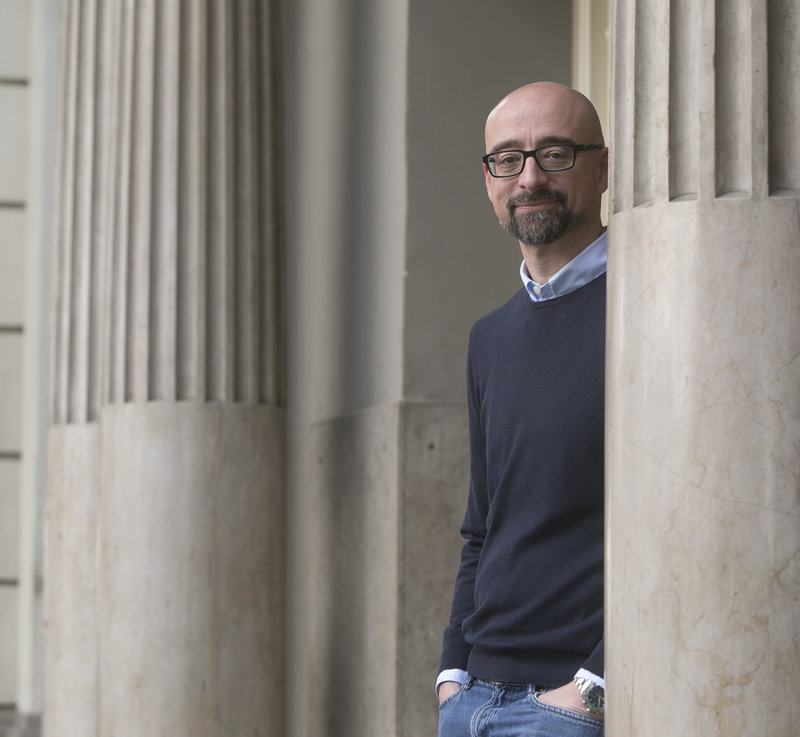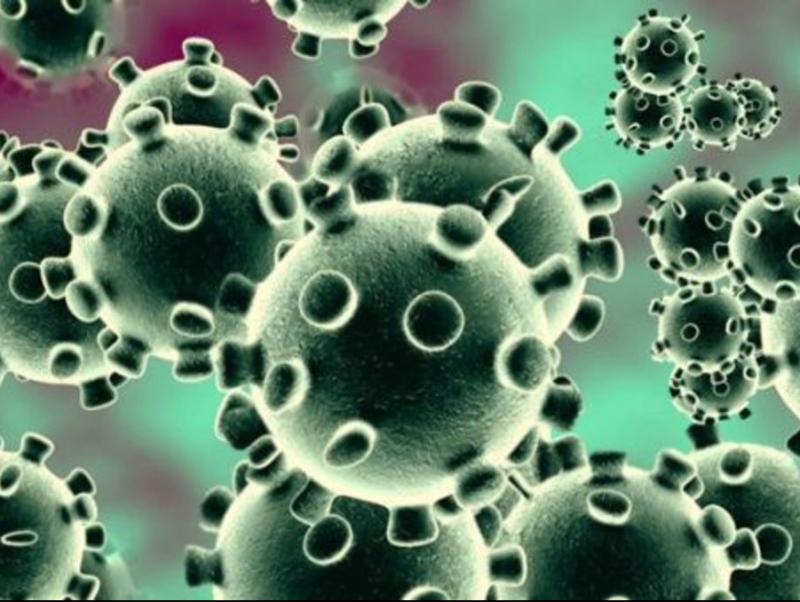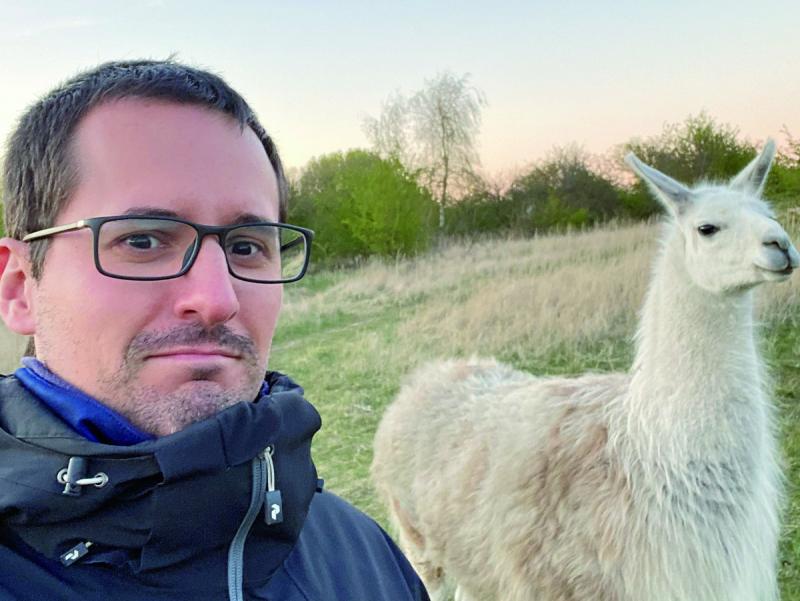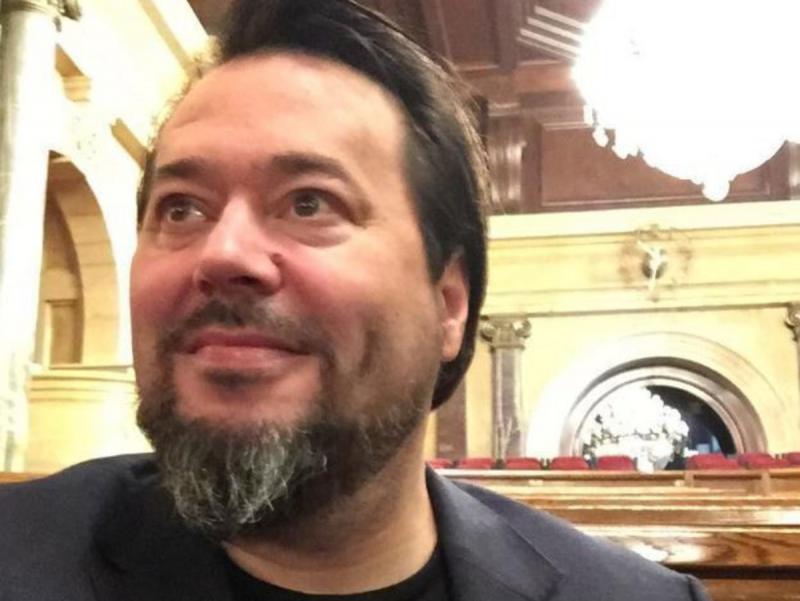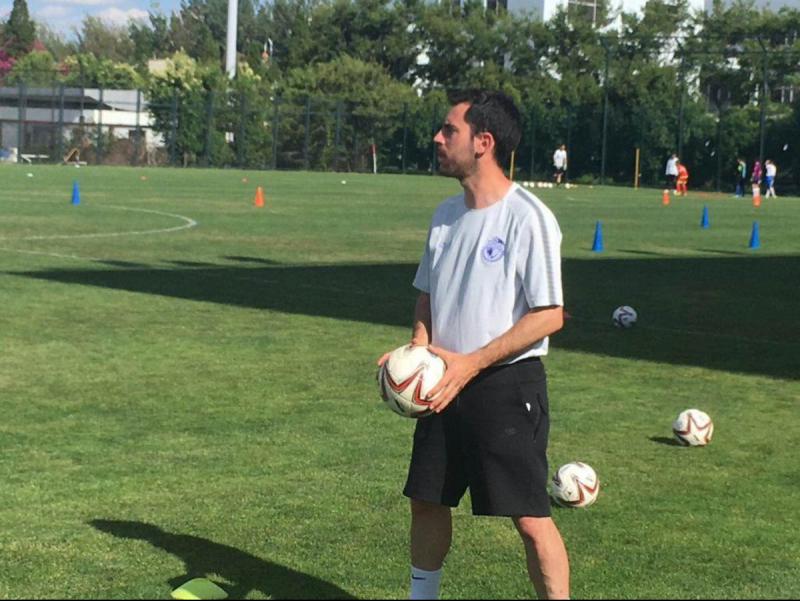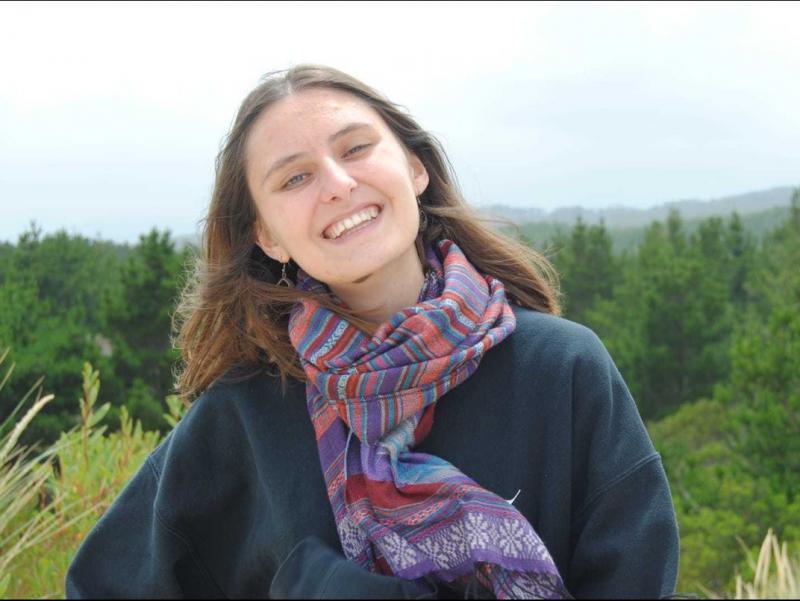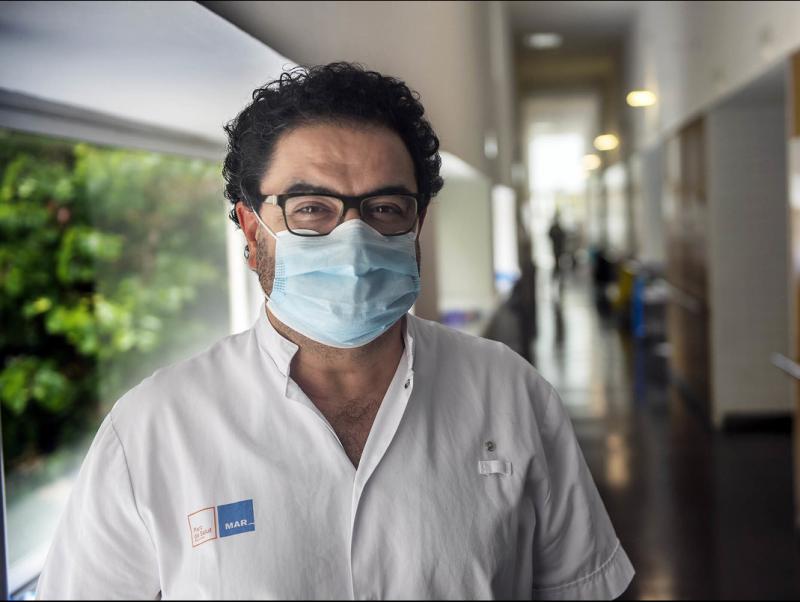Scientists have long warned that a pandemic could happen at any time. Would the situation have been handled better if it had been planned?
The pandemic couldn’t have been avoided but the response could have been better, especially at the beginning. The peaks seen in most countries, with the number of cases rising very rapidly, forcing us to remain at home, wouldn’t have occurred if action had been taken earlier. The rise in numbers would not have been so intense and the healthcare system could have handled the burden better. And with fewer infections there would have been fewer deaths.
But is it possible to contain the virus?
As long as we don’t have the tools to do so, the answer is no. It will be possible to contain it when we have an effective vaccine or treatment. In the meantime, the best we can do is try to slow it down.
Are we now moving towards what has been called the “new normal”?
The lifting of restrictions must be progressive and tailored to each area. It’s very different doing this in Barcelona than in a village. It has to be done asymmetrically, from town to town even. But it’s being done dangerously, in too much of a rush. People want to go out and lead normal lives, but they are not being told well enough that we won’t return to normal. The virus isn’t going away, the virus is here and until there’s a vaccine it can’t be controlled. Collective immunity is only achieved with a vaccine and when enough people have been vaccinated. A de-escalation plan that raises the level every two weeks seems a little too optimistic to me. We don’t know if we’ve done something wrong in one phase that we’re passing on to another phase. So, if we don’t do it very well, we’ll have lost everything we’ve achieved so far.
Could the arrival of the warm weather help?
All the data seem to indicate that the virus is transmitted less in hot weather, but it doesn’t disappear. There are hot countries that also have cases. However, it’s true that as the temperature rises, the virus survives less and therefore infections from touching contaminated surfaces are reduced. While the weather can work in our favour, it won’t make a difference if dangerous behaviour continues. If there’s one infected person in a metro carriage at peak hour, very quickly you’ll have 10 more infected people, whether it’s hot or not. We need to be very aware of the risks.
And we are the biggest risk?
Yes, and one of the things that hasn’t been done well from the outset is communication with the public. In a pandemic like this, if you don’t have a vaccine or a treatment, the only weapon you have is people. People must understand the problem. If explained well, people will comply. We saw that while we were confined to our homes. When the graphs were explained, along with what was to happen and how it was to be done, everyone understood. However, I don’t think we’re explaining this “new normal” well. Part of the population is very relaxed. We’ve seen disturbing images. Obviously it’s not most people, but even if it’s only a few, it’s enough to set us back.
In your book, you say that in the future we’ll be able to do many things with viruses, that we’ll be able to master them because they are very simple. However, right now we have no control at all, even though the smartest people on the planet are working on it.
It’s not that simple. If we take the HIV virus as an example, we have a virus that we’ve been studying for more than 30 years, and so we know absolutely everything about it. Yet we still haven’t succeeded in making a vaccine. There’s a good chance this vaccine may be found in the next 10 years, which would be almost 50 years since the epidemic began, despite the enormous amount of money and effort that has been allocated to it. Viruses generate many unknowns and can cause many problems. With coronavirus, its genome, its structure were known immediately, but we still don’t know how it works. At first, we thought it was similar to the flu because of its effect on the lungs. Then we saw that it also affects the brain, the kidneys, the blood vessels, and it moves to other organs and causes problems there. We don’t know if it will have more serious side effects, if it generates immunity, if it will be seasonal, if it will go and then return when temperatures drop, and so on.
In the meantime, we remain at risk from other viruses that could be as contagious as coronavirus but more lethal?
The appearance of a very infectious and very lethal supervirus is possible, but highly unlikely. But we don’t even have to go that far. A virus that’s just a little more aggressive than the one we have now but one that’s just as contagious would cause very, very high mortality. We shouldn’t be scared, as it’s not about alarming anyone, it’s about being aware. Virologists have long warned of this. We know that the biggest danger to humanity is that a microorganism will appear and wipe us out before a vaccine can be found. We need to be prepared, and so this pandemic is a wake-up call. We should have learned that earlier, because in 2008 and 2009 we already had the Influenza A virus, which was much milder than this one, but it could have served as a warning. That was a flu, and we already had vaccines that could be used as a starting point and antiviral treatments. That was the time to ask ourselves what would happen if, instead of a flu virus, another type of virus spread for which we had no vaccines or treatments. How would we handle it? What we didn’t ask ourselves then is what has happened to us now. At the same time, I think all of this should be used to prepare for the next level: how to react if a more lethal virus appears. Hopefully we’ll never need these forecasts, but it’s an exercise we need to do. We need to be able to react to a pandemic in a clear, defined and coordinated way.
Will the crisis lead us to take experts’ opinions more into account?
Right now, scientists have taken centre stage and are in the spotlight, and that’s great. But history shows us that once a health crisis is over, we forget and go back to the usual situation. Hopefully we’ll learn that science is like a plant that has to be watered constantly, not just when we want it to bear fruit. To face future problems, or even problems we already have, such as curing cancer, AIDS or Alzheimer’s, we must understand that solutions do not come overnight, because they are very complex problems. We have very good tools, but some are also slow and expensive. Biomedicine, but also physics and other sciences, require dedication, time, and funding. But many states seem to have little interest in that. Catalonia is a place where science is appreciated, but it depends on a meagre state budget, while the Spanish tradition shows little interest in science. It’s a tradition that’s been around for centuries, and you only have to compare the Spanish spirit with the English spirit, where science is better valued, and where there is more money and more investment. Maybe with this crisis we can make improvements, because in the end, science benefits all of us. And, above all, let us remember that we really need to start preparing for the next health crisis.
interview

